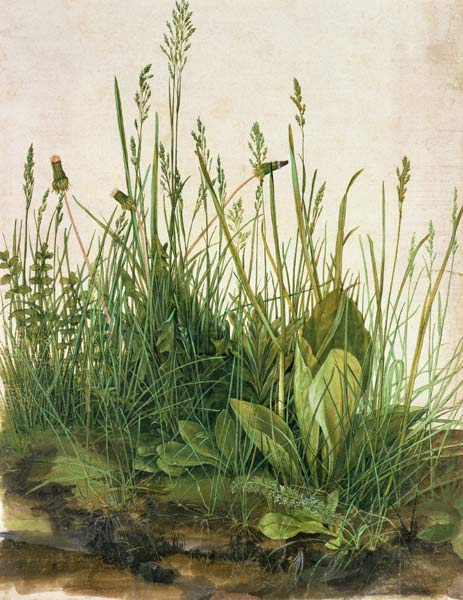The other day, to help out a friend undergoing surgery for ovarian cancer, I joined supporters weeding her garden. I was feeling fairly antagonistic towards weeds by the time we were done, even while knowing that certain poets have sung their praises.
So I turned to these poets to get a more positive perspective.
Walt Whitman, of course, praises leaves of grass in Song of Myself, seeing them as a quintessentially democratic life form. Mary Oliver, meanwhile, marvels at “the reckless blossom of weeds” in a poem about a stillborn kitten with a single eye. The weeds for Oliver stand for nature’s extravagant way of throwing infinite variety our way.
Less positively, Carl Sandburg describes grass as oblivion, covering over humanity’s greatest atrocities as though they had never happened.
Here’s a very Zen Scott Bates poem about a “Contented Weed.” This particular plant has found a way to accommodate herself to whatever happens. Like a Sartrean existentialist, she asserts that she always has the freedom to choose.
Maybe she is exhibiting a higher wisdom, consciously and deliberately giving herself over to a higher power. Or maybe she’s just rationalizing, convincing herself that she has power when really she doesn’t. Knowing my father, I think he would see the poem as more about self deception than genuine inner peace. But because both interpretations are possible, we as readers may choose based on our own particular life outlooks. Where do you come down?
The Contented Weed
By Scott Bates
A Weed next door
Lives happily
Persuaded of
Her liberty
Each morning
When the Sun is low
She says to herself
I choose to grow
Each evening
When the Moon is bright
She says to herself
I choose the night
Each time she bows
Before the Wind
She says to herself
I choose to bend
And when at last
She wilts and dies
I’m sure she’ll choose
To fertilize
So all the weeds I pulled went on to fulfill a higher purpose.


